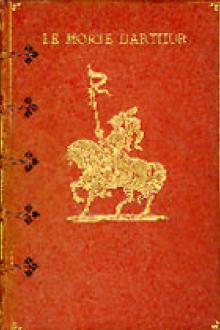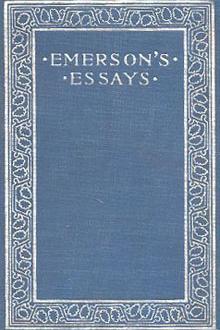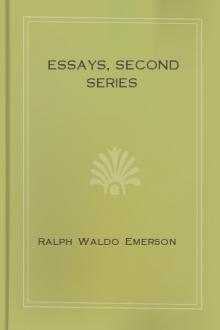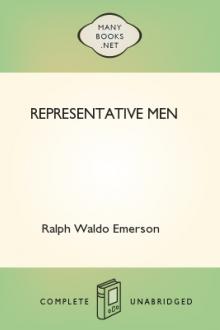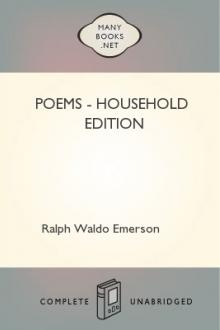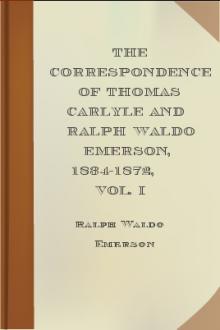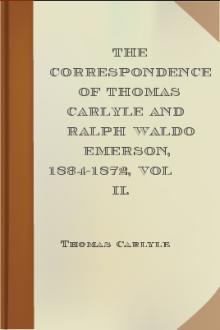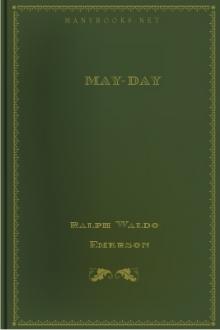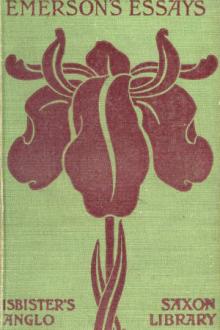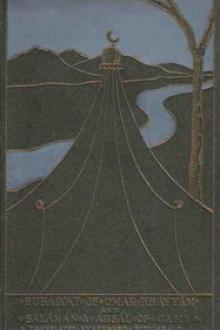Nature
Nature
"Emerson defines nature as an all-encompassing divine entity inherently known to us in our unfettered innocence, rather than as merely a component of a world ruled by a divine, separate being learned by us through passed-on teachings in our experience."--Wikipedia
Book Excerpt
emselves into pink flakes modulated with tints of unspeakable softness; and the air had so much life and sweetness, that it was a pain to come within doors. What was it that nature would say? Was there no meaning in the live repose of the valley behind the mill, and which Homer or Shakspeare could not reform for me in words? The leafless trees become spires of flame in the sunset, with the blue east for their back-ground, and the stars of the dead calices of flowers, and every withered stem and stubble rimed with frost, contribute something to the mute music.
The inhabitants of cities suppose that the country landscape is pleasant only half the year. I please myself with the graces of the winter scenery, and believe that we are as much touched by it as by the genial influences of summer. To the attentive eye, each moment of the year has its own beauty, and in the same field, it beholds, every hour, a picture which was never seen before, and which shall never be seen again. The heavens change every mome
Editor's choice
(view all)Popular books in Nature, Essays, Fiction and Literature
Readers reviews
5.0
LoginSign up
a beautiful, and highly readable philosophical exploration of nature and how (as he sees it) it influences man physically, aesthetically & spiritually. emerson's stately prose is steeped in the awe & wonder of the true romantic, but stands up very well in these far more jaded and sceptical times.
- Upvote (0)
- Downvote (0)
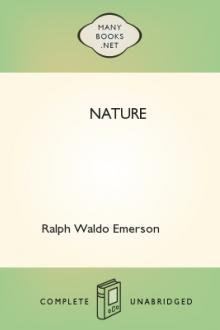
 Free Download
Free Download






















